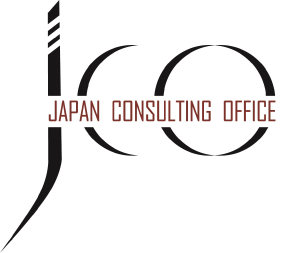The concept of gaman (我慢), or enduring hardship with dignity, is deeply rooted in Japanese culture and has traditionally been viewed as a virtue—one that exemplifies patience, resilience, and quiet perseverance. Practiced in both personal and professional spheres, gaman is often seen as a mark of strength, where enduring challenges without complaint demonstrates a sense of honor and discipline. However, this long-held value is being re-evaluated, especially by younger generations in Japan’s evolving workforce, who are beginning to question whether endurance should come at the cost of personal well-being.
A friend recently shared an experience highlighting this cultural shift. Under a new manager, her company’s previously supportive and flexible work culture became rigid and controlling. The team, once encouraged to maintain a work-life balance and freely exchange ideas, now found their voices stifled by a leader who disregarded opinions that didn’t align with his own vision. The work atmosphere changed significantly, affecting the morale of many employees.
In one incident, the manager requested an existing Excel report be completely re-done in PowerPoint and translated into English, without providing any clear reason. Arbitrary demands like these stifled creativity and left employees feeling demoralized. Even worse, this manager expected staff to be available during sick leave and openly mocked extended childcare leaves, pressuring employees to return to work prematurely. These actions tested the limits of gaman, as employees struggled to endure this new, stressful environment. As a result, some employees left the company.
While patience and silent endurance have long been prized, younger employees are increasingly questioning whether gaman should require sacrificing their mental health, creativity, and personal boundaries. Rather than enduring in silence, many are now advocating for open communication and a better balance between work and personal life. For them, enduring hardship need not mean accepting a toxic environment without complaint. Instead, they seek a healthier interpretation of gaman—one that values self-advocacy alongside patience.
As Japan’s workforce evolves, so must its approach to leadership. gaman in a modern context should not imply silent suffering but rather finding a balance between resilience and speaking up for one’s well-being. Leaders who respect this balance foster supportive environments, where clear communication and empathy align with the core principles of gaman and a respectful workplace culture.
JCO in collaboration with Aika Kobayashi (intern)







